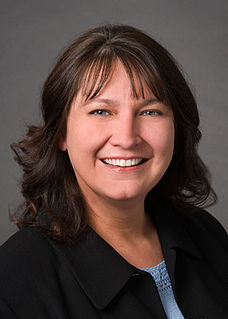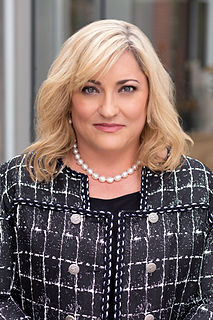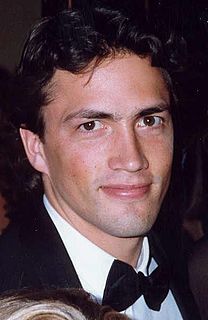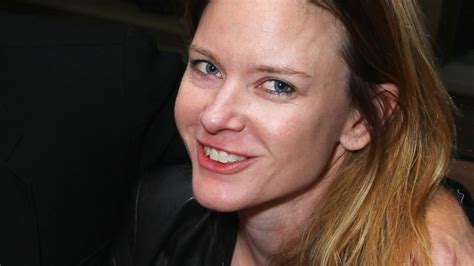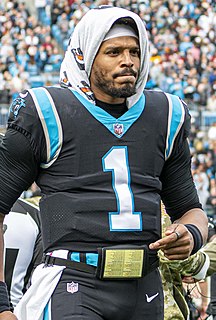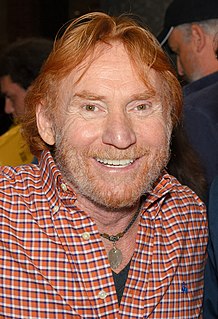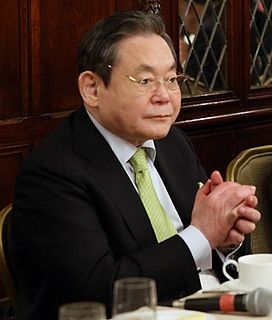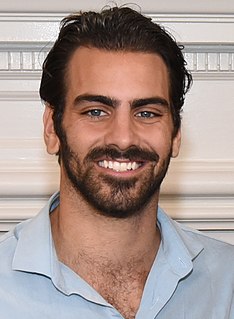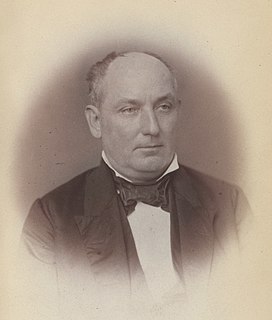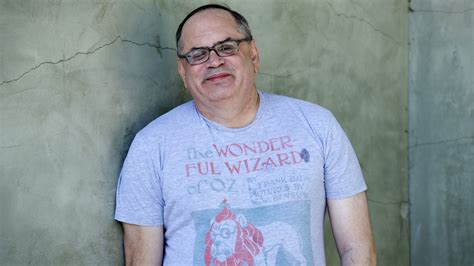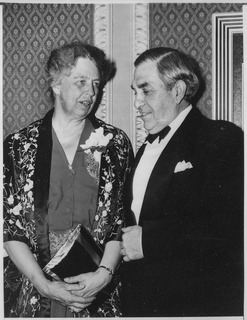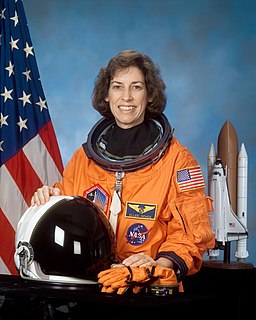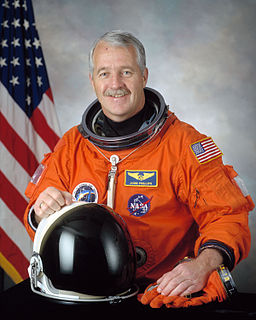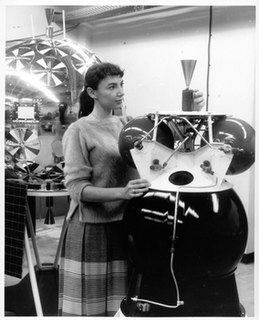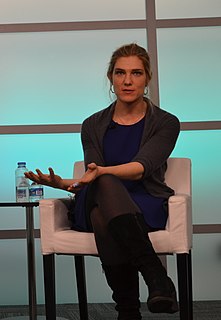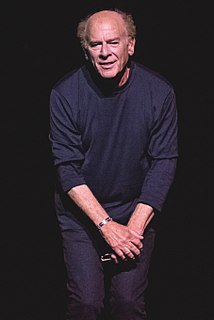Top 1200 Math Class Quotes & Sayings - Page 2
Explore popular Math Class quotes.
Last updated on April 21, 2025.
The ultimate act of cowardice is the fat-headed wrestling guy sitting behind the frail kid in math class, clipping him on the ear, saying: 'What are you going to do about that, faggot?' That is cowardice. When the bullets start flying past that jock's saucer-shaped ears, that's not cowardice. That's payback.
People in the media and press often say they've never been good at math. It might be that people that consider themselves creative didn't consider themselves good at math or didn't find math interesting at those early stages. And those creative people are disproportionately represented in those influential roles.
In all social systems there must be a class to do the menial duties, to perform the drudgery of life. That is, a class requiring but a low order of intellect and but little skill. Its requisites are vigor, docility, fidelity. Such a class you must have, or you would not have that other class which leads progress, civilization, and refinement.
Mindset changes are not happening from change in legislation. Like desegregation. We legally got rid of legal segregation, but schools are still segregated. You can demand people have better math understanding, but it depends how you interpret math understanding, and what you want it for, and if you think everybody can and should have that.
When I got to college, I planned to be a math major, and, in addition to signing up for some math courses, I decided to take some philosophy. Quite by chance, I took a philosophy of science course in which the entire semester was devoted to reading Locke's Essay. I was hooked. For the next few semesters, I took nothing but philosophy and math courses, and it wasn't long before I realised that it was the philosophy that really moved me.
When the Democrats are attacked for [inciting class warfare] they shrink back. They don't say what obviously should be said, "Yes, there is class warfare. There has always been class warfare in this country." The reason the Democrats shrink back is because the Democrats and the Republicans are on the same side of the class war. They have slightly different takes. The Democrats are part of the upper class that is more willing to make concessions to the lower class in order to maintain their power.

